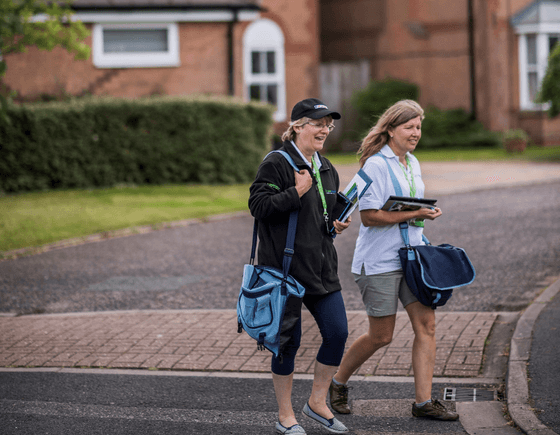Effective behavioural change programmes have the potential to significantly shift habitual travel patterns - at both an individual and societal level.
Understanding the impact of such programmes lies in the collection of robust monitoring data to facilitate evaluation against defined objectives. ITP's team typically measures how people's travel behaviour has changed in response to improved transport options and campaign information, while seeking to identify lessons that could be applied to future programme development.




